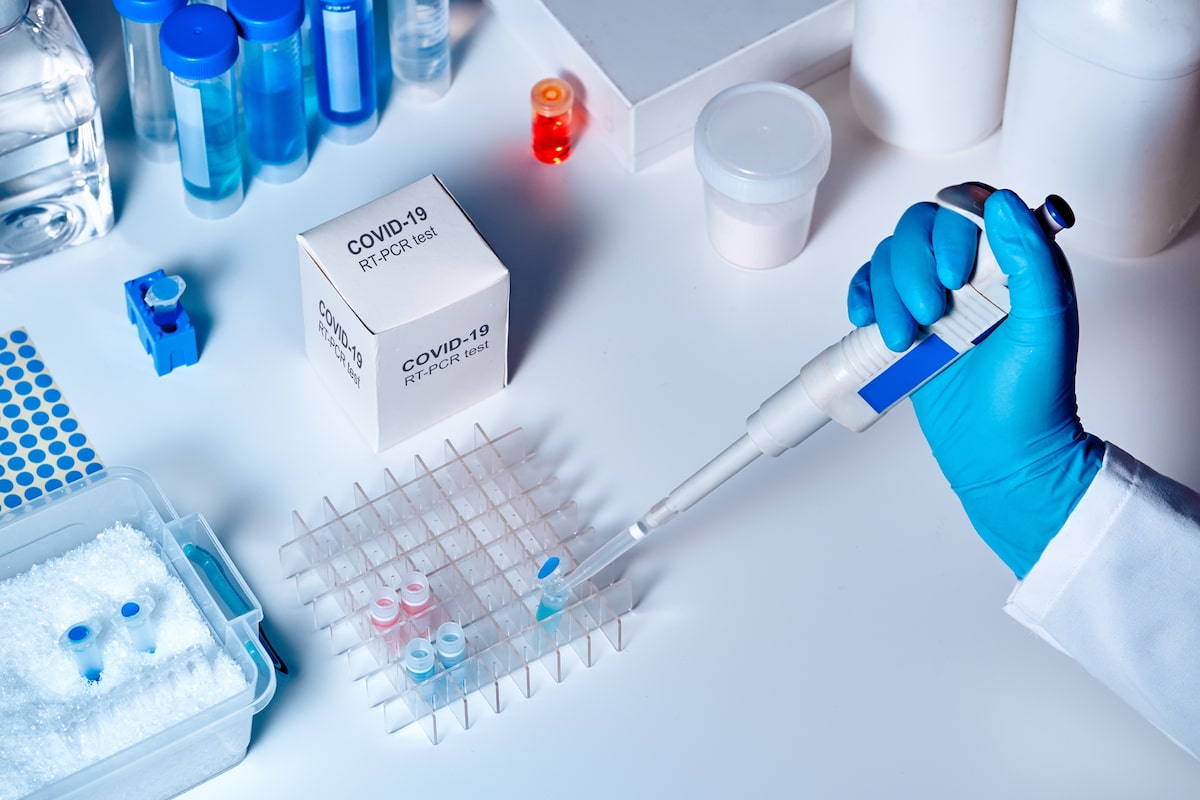<< Back
How Blood From Recovered COVID-19 Patients Can Save Others

April 16, 2020
After identifying suitable donors, Hartford HealthCare has started scheduling donations of plasma from people who recovered from COVID-19 to treat those who are still critically ill with the virus.
The plan, announced by Dr. Ajay Kumar, Hartford HealthCare’s chief clinical officer, follows national efforts by the federal Food and Drug Administration and a consortium of 50 hospitals and universities called the National COVID-19 Convalescent Plasma Project.
Called “convalescent plasma,” the donations are rich with antibodies created by the body’s robust immune response to the virus. These antibodies are believed to help others fight COVID-19. Similar work was done during the SARS and Ebola outbreaks.
In addition, preliminary findings from a small Chinese study published in the professional journal Proceedings of the National Academies of Science found that antibodies from convalescent plasma can help sick patients in just one dose.
“This pilot study on (convalescent plasma) therapy shows a potential therapeutic effect and low risk in the treatment of severe COVID-19 patients,” wrote the study authors. “One dose with a high concentration of neutralizing antibodies can rapidly reduce the viral load and tends to improve clinical outcomes.”
FDA criteria for donation, which is subject to change as the national plasma donation system matures, include:
Confirmation of COVID-19 with a positive swab or antibody test.
Completion of a 14-day, symptom-free period with a repeat negative swab, or a 28-day, symptom-free interval with no need for repeat swab.
After registering, potential donors will be contacted by a member of the plasma donor team, which will take care of any needed screening and order repeat testing if necessary.
“At the moment, we are prioritizing donors who had a positive test and are getting close to the 14-day, symptom-free period,” said Dr. Kumar, who added that, “We are recruiting donors from across our entire seven-hospital system area.”
Donations are orchestrated with the help of the New York and Rhode Island blood centers, both HHC partners, and the American Red Cross. Infectious disease specialists at HHC are currently selecting the patients to receive the convalescent plasma treatments, Dr. Kumar said.
“We fully expect to see more efficacy data (on this treatment) as time goes on. As of today, I believe this is our best treatment option,” he said.
Plasma can be donated as often as twice a week or once a month, depending on the processing center’s guidelines. It costs nothing to donate. For more information, click here.